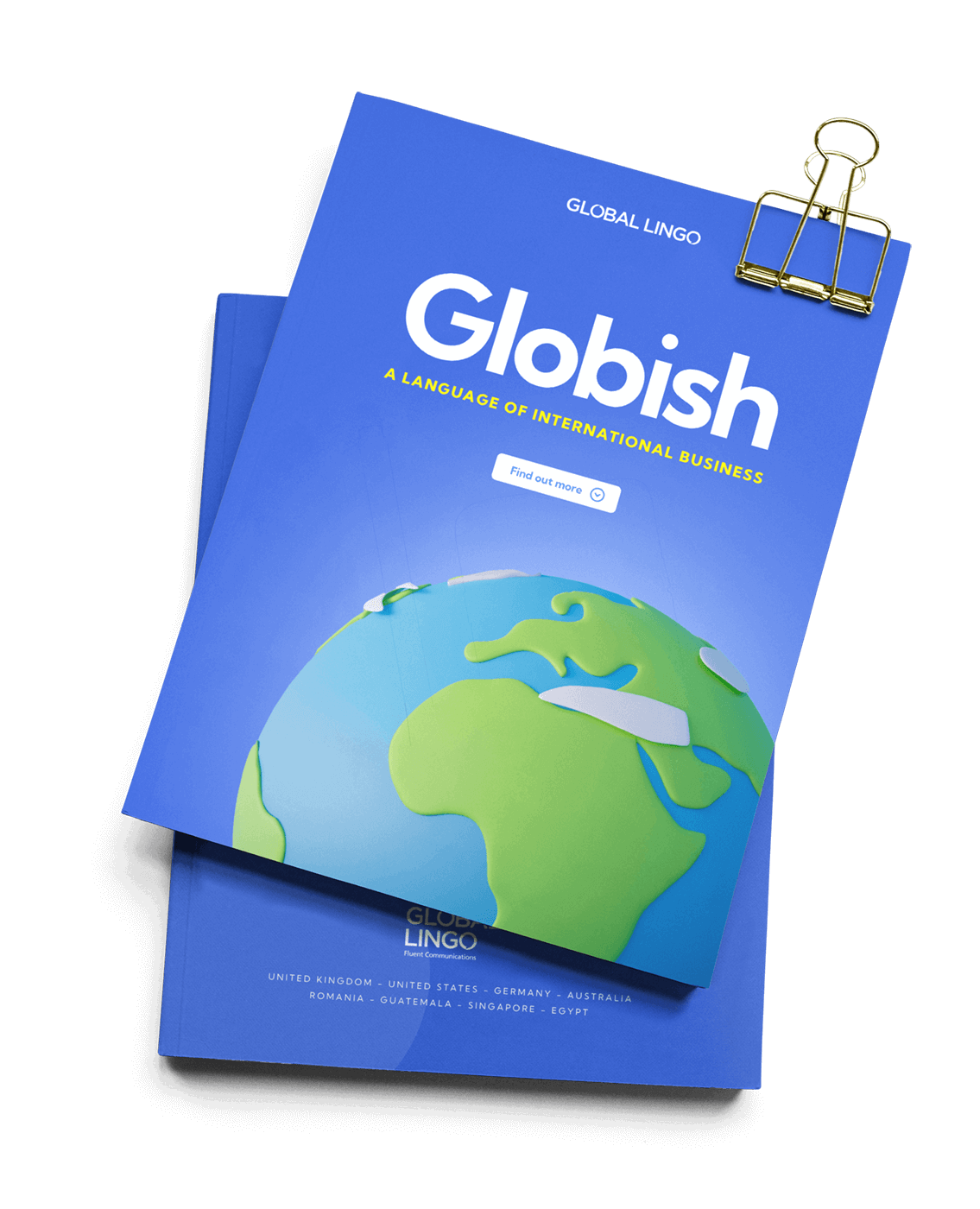An article with Michael Skapinker in the Financial Times discusses how executives speak in a language of their own. Globish. A simplified version of English designed to bridge language barriers in international business settings.
Developed by Jean-Paul Nerrière, a former IBM executive, Globish offers a practical solution for non-native English speakers to communicate on equal footing.
What is Globish?
Globish (pronounced Globe-ish) is a pared-down version of English, consisting of just 1,500 essential words. Its purpose is to create a common ground for international communication, especially in business. Unlike traditional English, it avoids complex grammar, idiomatic expressions, and figurative speech, making it straightforward and easy to learn.
Jean-Paul Nerrière observed that non-native English speakers often communicated more effectively with each other than with native speakers. For example, when an Italian and a Belgian conversed in English, they understood each other despite their imperfect language skills. In contrast, native speakers, such as Americans or Britons, often spoke too quickly or used culturally specific expressions, creating communication barriers.
Nerrière realized that his heavily accented English was more comprehensible to his international colleagues than his Texan boss’s fluent English. This insight led him to develop Globish as a practical tool for global collaboration.
How Globish works
Globish simplifies English into its most functional elements:
- Core Vocabulary: It uses just 1,500 words, selected for their practicality in business contexts.
- No Figurative Language: Idioms, metaphors, and jokes are avoided to prevent misunderstandings.
- Focus on Clarity: Communication is stripped down to essential meaning, making it easy to grasp for non-native speakers.
For example:
We’ve borrowed some Globish from Robert McCrum’s article in the Guardian below:
Say it in English
I went to my niece and nephew’s party the other weekend. I played the piano and we were all singing along when a mouse ran out from behind the sofa with a piece of peach in its mouth.
Say it in Globish
At the party of my brother’s children the other day, I played an instrument with black and white keys and we all sang along. Then an animal chased by cats ran out from behind the seat with a piece of fruit in its mouth.
The concept of having a language for international business is creative, as the tool allows people to communicate neutrally. Globish is resourceful as being only 1,500 words it is relatively accessible and easy to learn.
The advantages of Globish
- Equality in Communication: By limiting language complexity, it places non-native speakers on an equal footing with one another.
- Ease of Learning: With only 1,500 words, learning is quicker than a complete language.
- Practicality in Business: Globish is a tool rather than a culture-rich language, making it perfect for work-related discussions.
Challenges and criticisms
- Cultural Limitations: Globish strips English of its cultural and literary depth, which some argue makes it less meaningful or engaging.
- Learning Curve for Native Speakers: Surprisingly, native English speakers may struggle to adapt, as its simplicity can feel unnatural.
A language for globalization?
Nerrière sees Globish as an international auxiliary language, similar to Esperanto, but with a unique focus on business. With 1.5 billion people speaking English as a second language, Globish could become the standard for global communication. However, critics argue that learning a “real” language with cultural and historical significance might be more rewarding in the long term.
The Globish vocabulary
Globish relies on a simplified vocabulary of just 1,500 words, carefully selected to ensure clarity and practicality. Below, we’ve highlighted a few words, along with their definitions and examples.
- Person
Definition: A human being.
Example: “The person at the front desk will help you.” - Thing
Definition: An object or idea.
Example: “This is the thing we discussed in the meeting.” - Work
Definition: Activity involving effort or purpose, often related to a job.
Example: “We will work together to complete the project.
Download the full Globish vocabulary

Conclusion
Globish offers an innovative solution to the challenges of international communication. Its simplicity makes it accessible, while its practicality ensures it meets the needs of global businesses. However, it is important to view Globish as a complement to traditional languages rather than a replacement. As globalization continues, the ability to communicate clearly across cultures remains as essential as ever. If you’re looking for support in global communication, contact us today and see how our translation, transcription, and interpreting services can support your growth.